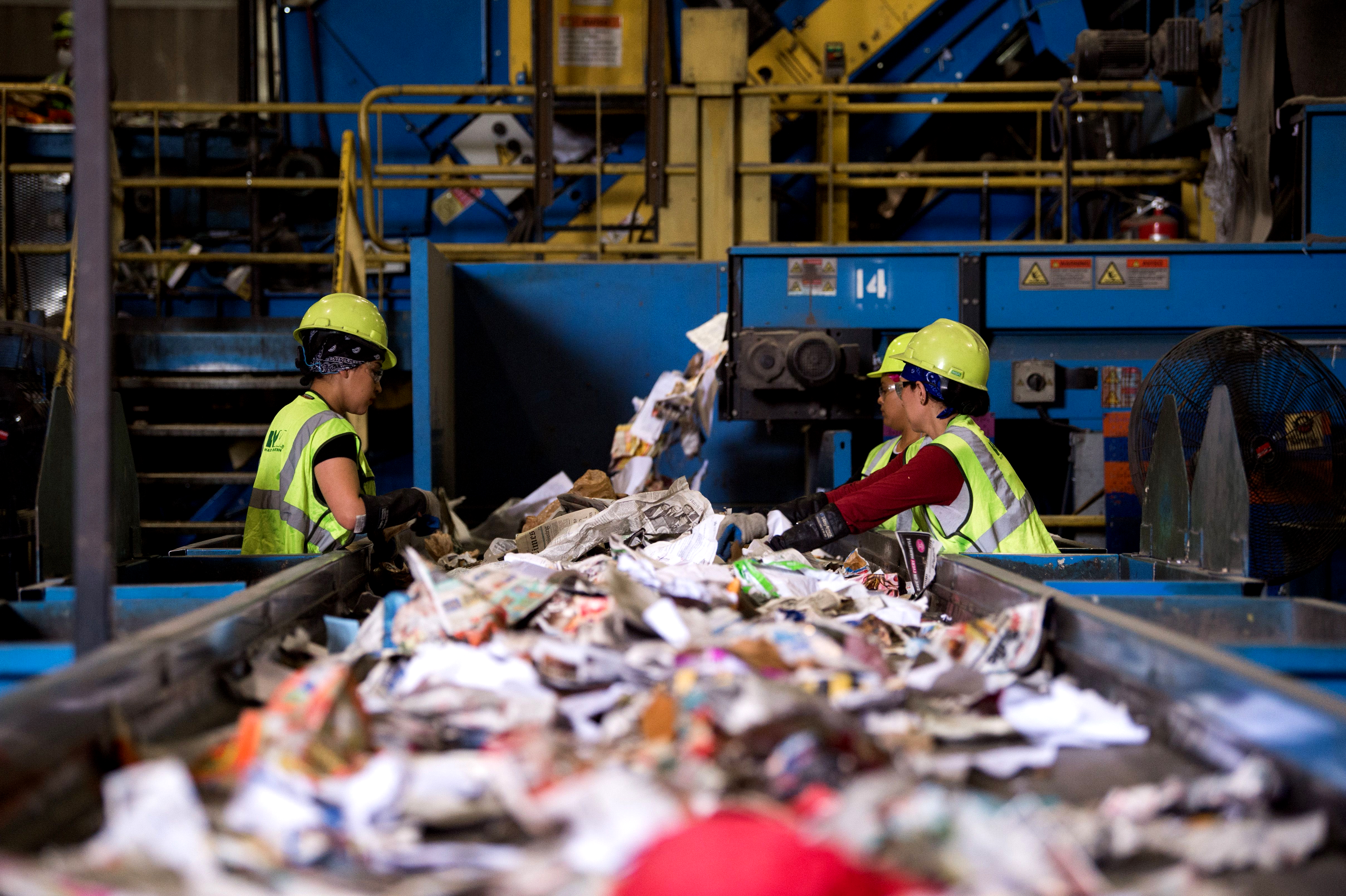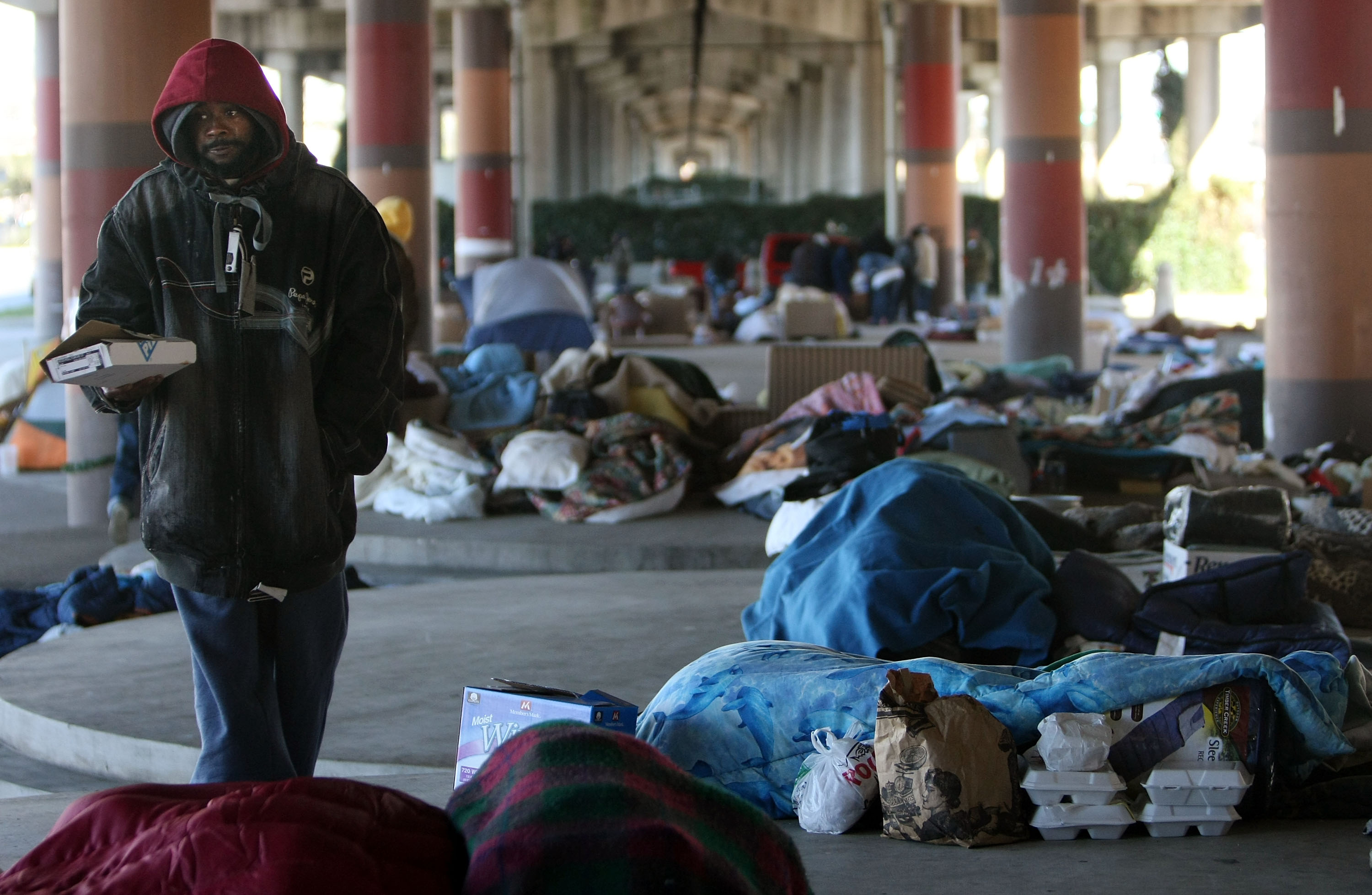Immigration reform bills start to drop


A free daily email with the biggest news stories of the day – and the best features from TheWeek.com
You are now subscribed
Your newsletter sign-up was successful
As President Obama unveils his comprehensive immigration reform bill in Las Vegas, Nevada, the real work begins in the Senate. Senators Marco Rubio and Orrin Hatch will drop the Immigration Innovation Act of 2013, with an ambition of attracting and retaining highly skilled workers born elsewhere. The so-called "STEM" provision (for Science, Technology, Engineering and Mathematics) is relatively uncontroversial; the House passed a similar proposal last session. It is probably the easiest part of the immigration reform package to pass. How quickly and rancorously the bill is marked up might well determine the fate of the entire project.
The bill will offer green cards to immigrants with masters' level or higher degrees in a STEM field from an accredited university. Some sort of incentive will be provided to colleges and universities. Immediately, the value of an American education skyrockets; not only can a computer programmer from Latvia get her education here, but now she can fairly quickly enjoy the benefits of citizenship. She won't be forced into a lottery to stay. American companies will come courting without having to pay a lot of money to sponsor her citizenship.
A problem foreseen by advocates of the bill is that the promise of a green card might attract too many foreign-born immigrants to apply to STEM programs of all qualities, crowding out United States citizens and providing what Matthew Yglesias calls an "arbitrage opportunity" for the student loan industry. How to fix that? Neil Ruiz, a Brookings scholar whose work is widely-circulated on the Hill, says "there will be have to be some legislative language that prevents this become an incentive for diploma mills."
The Week
Escape your echo chamber. Get the facts behind the news, plus analysis from multiple perspectives.

Sign up for The Week's Free Newsletters
From our morning news briefing to a weekly Good News Newsletter, get the best of The Week delivered directly to your inbox.
From our morning news briefing to a weekly Good News Newsletter, get the best of The Week delivered directly to your inbox.
But at the same time, the benefits to the U.S. economy of an influx of skilled foreign workers is undeniable. If there's a glut, then maybe that's a forgivable side effect. At the same time, though, companies will probably be provided with incentives to hire U.S.-born workers who they've trained, with money coming from the payment for the visas themselves. STEM visas often create jobs for U.S.-born citizens, as AOL founder Steve Case attests.
The Rubio-Hatch bill is also significant for what it doesn't contain. There are no poison pills, like provisions to offset the number of new visas by decreasing immigration from elsewhere. No doubt that the comprehensive bill or bills will include language about country caps, but the Senate seems genuinely interested in passing these provisions now. They are Republican-friendly, too, which gives the opposition party a victory off of the bat.
A free daily email with the biggest news stories of the day – and the best features from TheWeek.com
Marc Ambinder is TheWeek.com's editor-at-large. He is the author, with D.B. Grady, of The Command and Deep State: Inside the Government Secrecy Industry. Marc is also a contributing editor for The Atlantic and GQ. Formerly, he served as White House correspondent for National Journal, chief political consultant for CBS News, and politics editor at The Atlantic. Marc is a 2001 graduate of Harvard. He is married to Michael Park, a corporate strategy consultant, and lives in Los Angeles.
-
 The environmental cost of GLP-1s
The environmental cost of GLP-1sThe explainer Producing the drugs is a dirty process
-
 Greenland’s capital becomes ground zero for the country’s diplomatic straits
Greenland’s capital becomes ground zero for the country’s diplomatic straitsIN THE SPOTLIGHT A flurry of new consular activity in Nuuk shows how important Greenland has become to Europeans’ anxiety about American imperialism
-
 ‘This is something that happens all too often’
‘This is something that happens all too often’Instant Opinion Opinion, comment and editorials of the day
-
 The recycling crisis
The recycling crisisThe Explainer Much of the stuff Americans think they are "recycling" now ends up in landfills and incinerators. Why?
-
 The L.A. teachers strike, explained
The L.A. teachers strike, explainedThe Explainer Everything you need to know about the education crisis roiling the Los Angeles Unified School District
-
 The NSA knew about cellphone surveillance around the White House 6 years ago
The NSA knew about cellphone surveillance around the White House 6 years agoThe Explainer Here's what they did about it
-
 America's homelessness crisis
America's homelessness crisisThe Explainer The number of homeless people in the U.S. is rising for the first time in years. What’s behind the increase?
-
 The truth about America's illegal immigrants
The truth about America's illegal immigrantsThe Explainer America's illegal immigration controversy, explained
-
 Chicago in crisis
Chicago in crisisThe Explainer The "City of the Big Shoulders" is buckling under the weight of major racial, political, and economic burdens. Here's everything you need to know.
-
 The bad news about ISIS's defeat in Ramadi
The bad news about ISIS's defeat in RamadiThe Explainer The contours of a broader sectarian war are coming into focus
-
 America can still destroy the world
America can still destroy the worldThe Explainer The decline of U.S. military power has been greatly exaggerated
